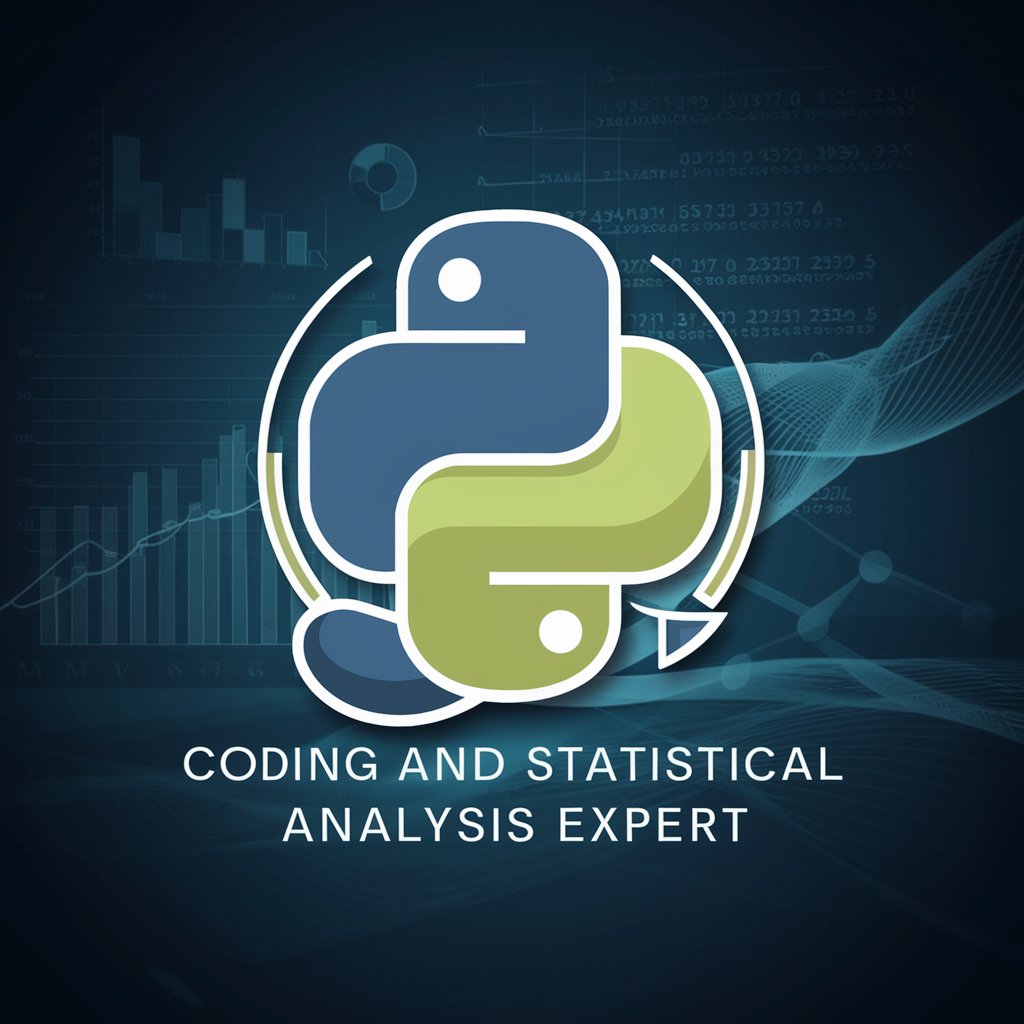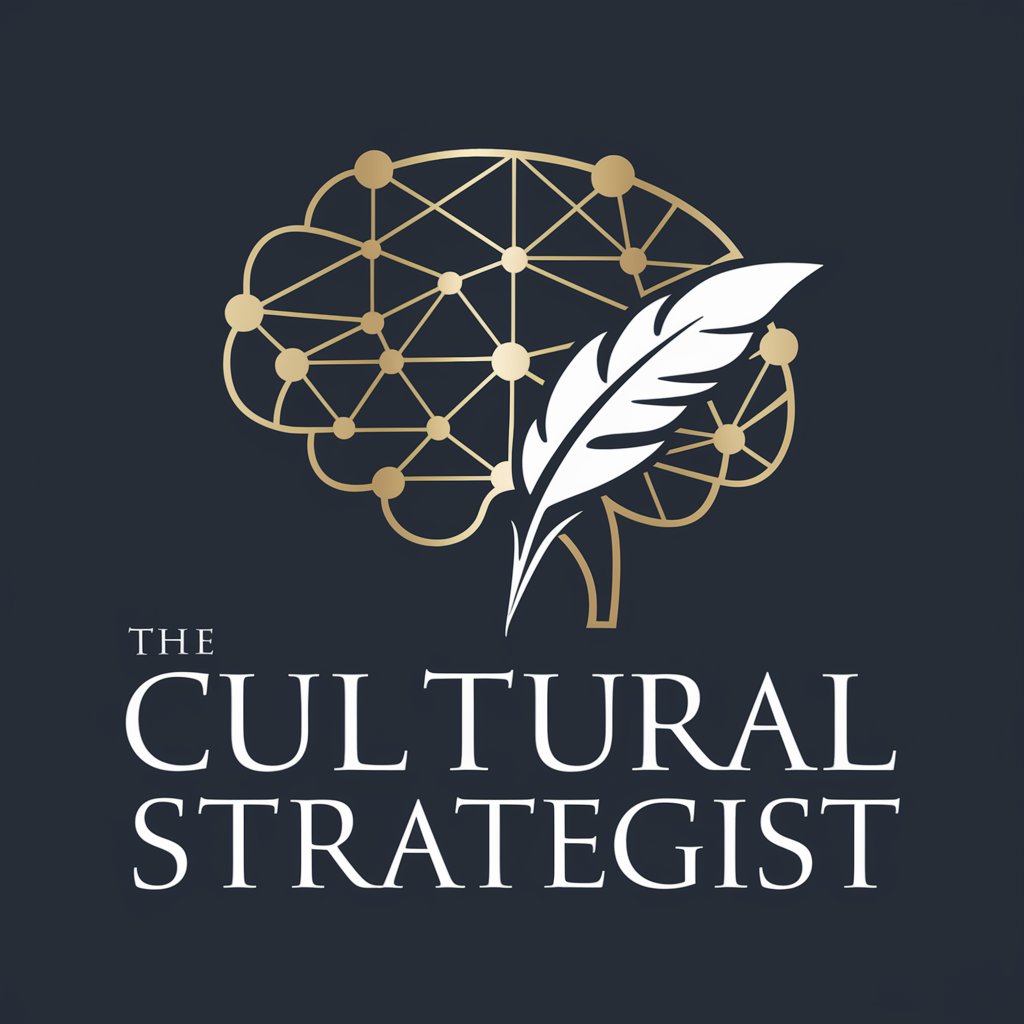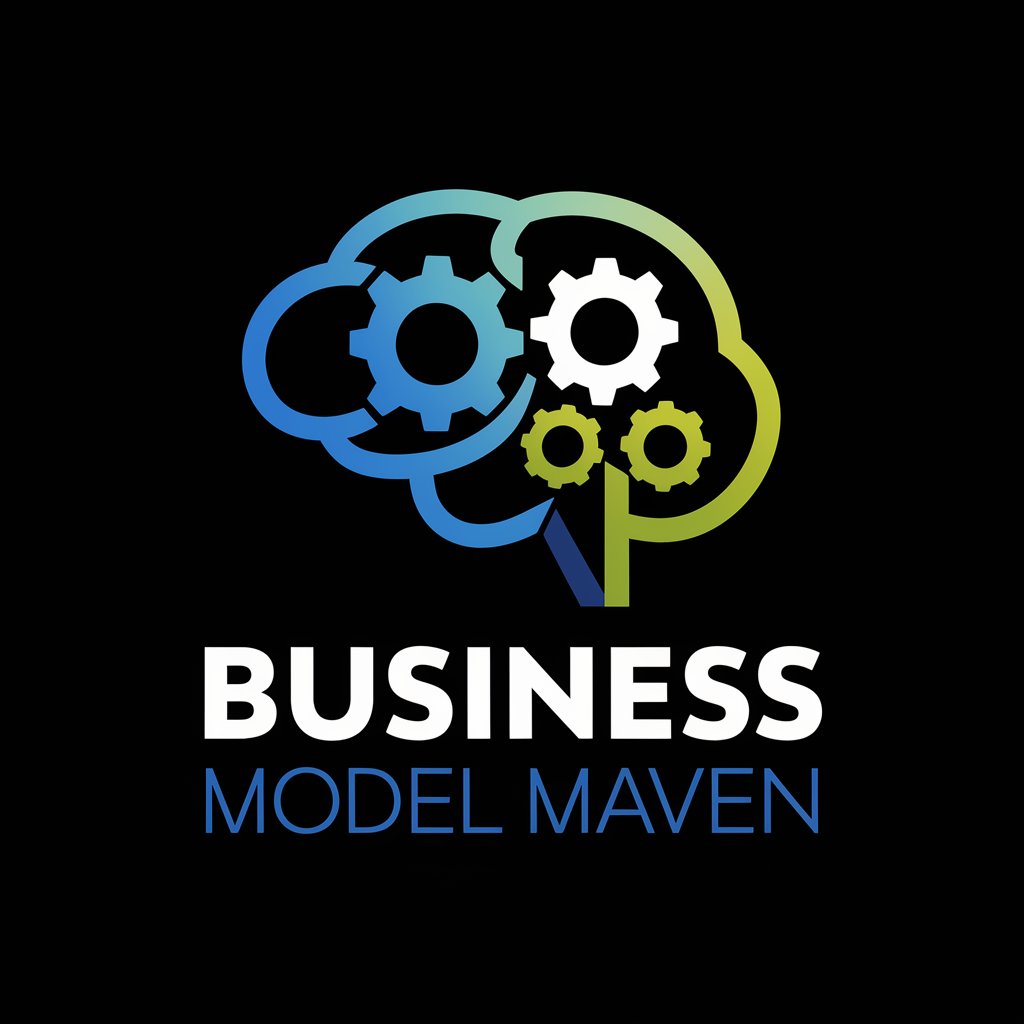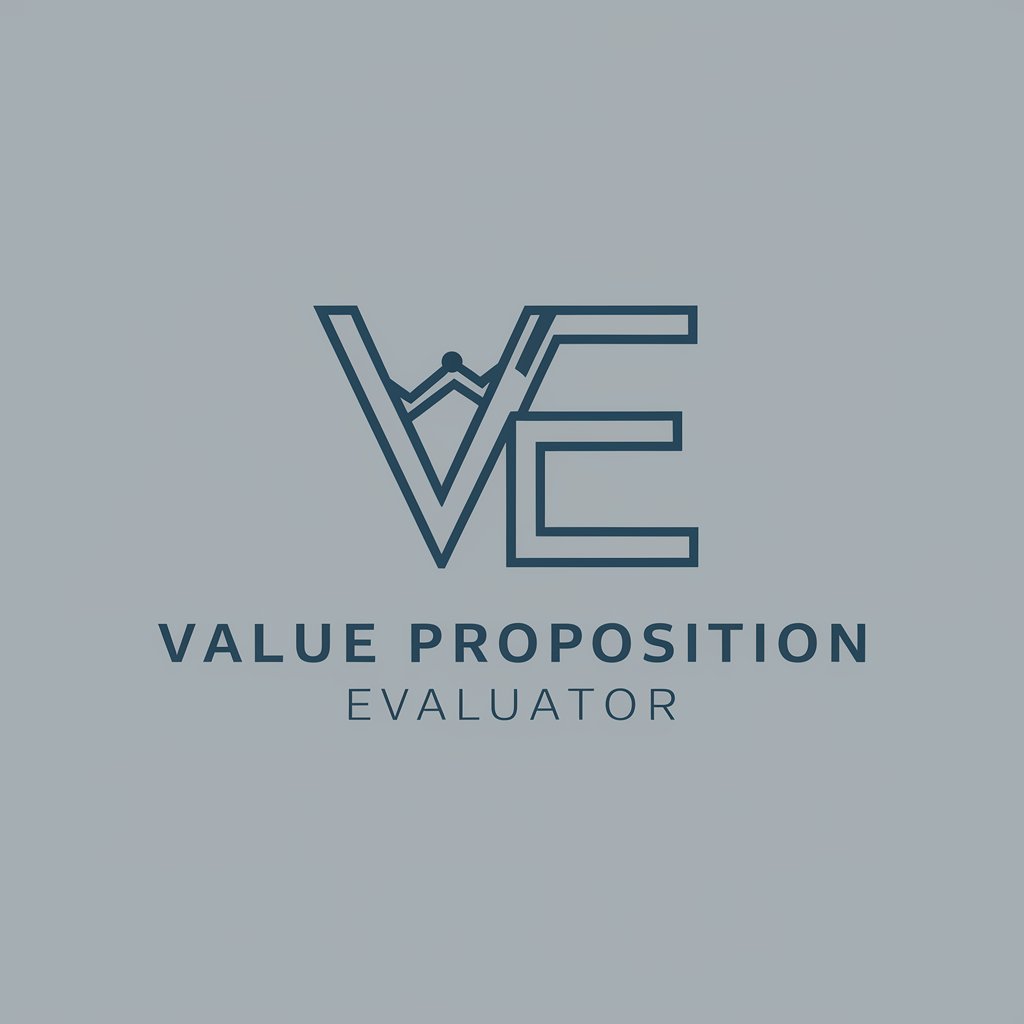
Business Model Evaluator: Score Out of 18 - Business Model Evaluation

Welcome to your business model evaluation tool!
Quantify Your Business Potential
Evaluate the business model of a startup in the tech industry...
Assess the viability of a new restaurant business...
Analyze the potential growth of an e-commerce platform...
Review the investment attractiveness of a sustainable energy project...
Get Embed Code
Overview of Business Model Evaluator: Score Out of 18
The Business Model Evaluator: Score Out of 18 is a specialized tool designed to assess the viability and potential success of various business models through a scoring system based on six key criteria: Initial Capital, Barriers to Entry, Challenges, Potential Earnings, Growth Rate, and Work Time Required. Each criterion is scored out of a maximum of 3 points, culminating in a total possible score of 18. This evaluation framework helps entrepreneurs and business owners to objectively analyze their business ideas by quantifying aspects that are crucial for success. For example, a low-cost, scalable online platform with high potential earnings and minimal barriers to entry would score highly, indicating a promising business model. Conversely, a capital-intensive venture with high barriers and slow growth prospects would score lower, signaling potential risks and challenges. Powered by ChatGPT-4o。

Key Functions of Business Model Evaluator: Score Out of 18
Evaluation of Initial Capital Requirements
Example
Determining the affordability and accessibility of starting a business. For instance, a home-based consultancy service requiring minimal upfront investment would score high, whereas a manufacturing unit needing substantial machinery and infrastructure investment would score low.
Scenario
An entrepreneur comparing the start-up costs of various business ideas to find the most financially feasible option.
Analysis of Barriers to Entry
Example
Assessing the ease of entering a market. A digital content creation business with no need for regulatory approval scores higher compared to a pharmaceutical company that requires extensive clinical trials and regulatory compliance.
Scenario
A start-up evaluating the competitive landscape and regulatory requirements of entering the tech industry.
Assessment of Challenges and Skill Requirements
Example
Evaluating the complexity and skillset required for a business. An e-commerce platform leveraging existing technologies and platforms might score higher than a start-up aiming to develop a new blockchain technology.
Scenario
A business owner gauging the technical expertise and resources needed to pivot their business model.
Estimation of Potential Earnings
Example
Projecting the revenue and profitability of a business model. A software as a service (SaaS) business with recurring subscription revenue would score higher than a one-off retail operation.
Scenario
An investor analyzing the long-term revenue potential of different business ventures.
Growth Rate Projection
Example
Forecasting the scalability and expansion potential. A mobile app with viral growth potential scores higher than a traditional brick-and-mortar store with limited geographic reach.
Scenario
A company planning strategic growth initiatives and seeking scalable business models.
Work Time Requirement Analysis
Example
Measuring the time commitment needed to manage and grow the business. A fully automated online business requiring minimal daily oversight scores higher than a labor-intensive restaurant.
Scenario
An entrepreneur seeking a balance between work and personal life while choosing a business model.
Ideal Users of Business Model Evaluator: Score Out of 18
Entrepreneurs and Startup Founders
Individuals in the early stages of planning and developing a business idea. They benefit from using the evaluator to quantify and compare the viability of different business models, ensuring a strategic approach to entrepreneurship.
Investors and Venture Capitalists
Investors looking to assess the potential of various startups before making funding decisions. The scoring system provides a structured way to evaluate the risk and reward profile of different business ventures.
Business Strategists and Consultants
Professionals advising companies on growth strategies, market entry, and operational improvement. The tool offers a quantitative framework to analyze business models, facilitating informed recommendations and strategic planning.
Educators and Business Students
Academic settings where students learn about business model formulation and evaluation. The evaluator serves as an educational tool to understand the dynamics of successful business planning and strategic decision-making.

How to Use Business Model Evaluator: Score Out of 18
Start Your Trial
Begin by accessing a free trial at yeschat.ai, with no need for a login or a ChatGPT Plus subscription.
Identify Your Business Model
Clearly define your business model, including initial capital, barriers to entry, potential difficulties, revenue prospects, growth rate, and time commitment.
Score Your Model
Use the evaluator to score each aspect of your business model out of 3, based on the detailed criteria provided.
Calculate Total Score
Sum up the individual scores for a total out of 18 to assess the attractiveness and feasibility of your business model.
Explore Recommendations
Based on your score and specific interests, explore recommended readings and resources to enhance your business skills and model.
Try other advanced and practical GPTs
Stochastic Frontier Assistant
AI-powered efficiency frontier analysis.

Refinador Jurídico
Elevate Legal Writing with AI Expertise

Politólogo Jurísta Mexicano
AI-powered Mexican legal and political analysis

Jurista do Trabalho
Empowering legal insights with AI.

Asesor Legal y Jurídico
Empowering Legal Insights with AI

Traductor Coreano - Español
Seamless Korean-Spanish translations powered by AI.

Coding and Statistical Analysis Expert
AI-powered coding and data analysis assistant

Meme Master
Crafting Laughter with AI

Memetrics
Insightful Meme Analytics Powered by AI

Memetic AF
Crafting Viral AI-Driven Memes Instantly

WAT spelle?
Where AI meets cosmic sigilcraft.

Cultural Strategist
Empowering Strategy with AI-Powered Insights

Frequently Asked Questions about Business Model Evaluator: Score Out of 18
What makes Business Model Evaluator unique?
Unlike other tools, it offers a comprehensive scoring system out of 18, evaluating a business model across six critical dimensions, providing a clear, numerical assessment of its viability and potential success.
Can I use this tool for any type of business?
Yes, the evaluator is designed to be universal, allowing users to assess any business model, from tech startups to traditional brick-and-mortar businesses.
How can I improve my score?
Focus on reducing initial capital and barriers to entry, simplifying the operational challenges, increasing potential earnings, enhancing growth prospects, and minimizing the time required to manage the business.
Is the tool suitable for first-time entrepreneurs?
Absolutely. It's particularly valuable for newcomers by offering a straightforward method to evaluate and refine their business ideas before committing significant resources.
How accurate is the scoring?
While the tool provides a strong foundation for evaluating business models, users should complement these scores with market research and professional advice for a comprehensive analysis.





